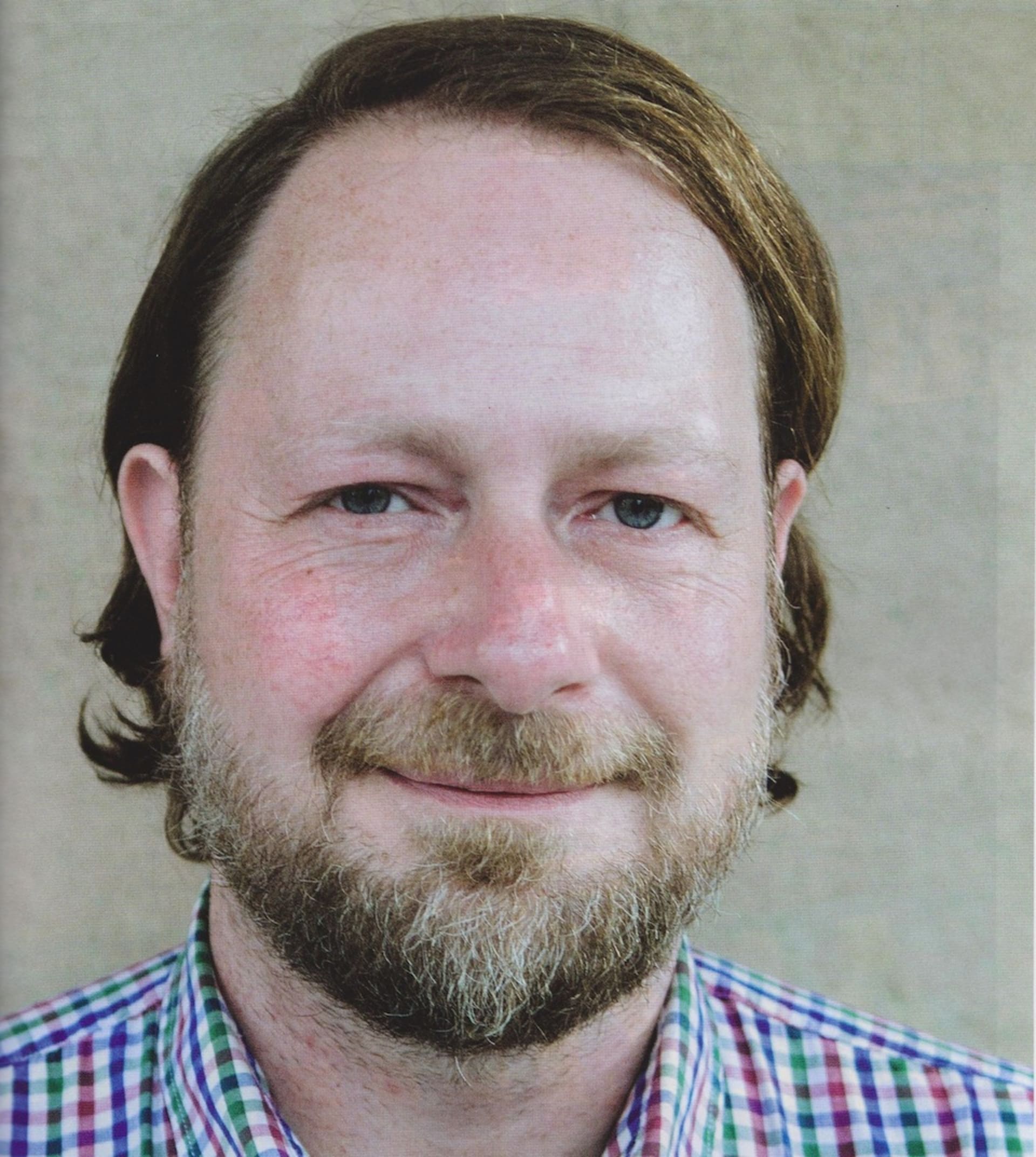
ICAS Suite Interview with Oliver Baurhenn
From September 5th through the 8th, the second edition of the ICAS Suite is attached to the always-intriguing CTM Festival.
Bringing such fresh soundartists and performers as Mykki Blanco and Nguzunguzu, ICAS Suite plays an important role in Berlin Music Week… but what role is that exactly? And what does ICAS stand for anyway? To find out more, EB Editor-in-Chief Max Dax spoke to CTM organizer Oliver Baurhenn. Photo: Matilde Campodónico
Max Dax: Is the ICAS Suite part of Club Transmediale, or is it a separate entity, a festival in its own right?
Oliver Baurhenn: Actually, I see it more as a co-operation project, or as a small festival of festivals. There are quite a lot of partners from the ICAS Network who are also running their own independent festivals, so we’re all hooking up to make a huge program that’s not based on a single idea of one festival, but consists of approximately 18 ideas from 18 festival organizers.
So basically, it’s an aggregation of ideas?
Exactly. The goal, the ideal situation, is that the sum is greater than the parts. We’re trying to bring our knowledge together, and of course the best of each organization’s local situation and what they like best on an international level.
What I also found remarkable is that the whole thing takes place around Berlin’s Kottbusser Tor, in many bars and spaces close to each other. This is especially interesting for myself, as we had the same idea in 2010 with Spex. We wanted to celebrate the magazine’s 30th birthday in more than one club—in Kottbusser Tor’s West Germany, in La Paloma, the Festsaal and other spaces; we wanted to curate an area rather than a single space. We ended up doing the celebration at Berghain, but originally we wanted to do lectures and concerts and DJ sets and cooking in the Kotbusser Tor area. It’s funny to see how ideas don’t fade away, but are picked up by one individual without knowing about the other.
I think it’s key that these venues are located so closely to each other. It’s a win-win situation for everybody involved, and also for the city. In the ’80s, Kreuzberg was the center of the city, the center of German subculture. Neukölln was supposed to become the next hot spot. Then, with the fall of the Wall Berlin-Mitte suddenly took over that central spot in the middle of the city, and now we are going back to Kreuzberg and small spaces. It’s like a cycle come fully around. Of course, it’s nice to go where the people are, the ones who enjoy the kind of music we are presenting.
London’s The Wire Magazine and Electronic Beats are hosting an evening at Paloma Bar on September 5th, directly after the Pet Shop Boys concert. What’s the idea behind bringing together magazines from different cities?
But you’re one of the DJs spinning records that night! I think it’s an interesting way to meet up on a more joyful level. Electronic Beats is quite important for Germany and abroad, because it’s coming from a perspective that it’s authors and also you have developed out of their history. You also have this Spex background, which means that you’re quite close to the history of German music criticism. The same counts for The Wire, which is of course one of the most amazing magazines about electronic music in the world—or, as they put in the subtitle, adventures in music. I think bringing together two forces that both fancy the style of music that CTM represents is a logical thing to do. This kind of DJing and working together (but not in writing and not in criticism) might pave the way for another level of co-operation and lead to more interesting things than you might expect, on an easier and lower threshold kind of way. Rather than bringing you and, say Chris Bohn together on a stage and delivering a panel discussion. You can present and exchange ideas much better when spinning records.
I agree. It’s more like a sharing thing… you share your interest in music by creating a real club situation.
By providing this good soil, you can put some seeds. Eventually, you have carrots and wonderful white flowers! This is the idea behind the ICAS Suite: presenting sound and music from different corners of the world, curated by different organizations.
… In the bar next door.
We’re also doing a barbecue every day from six pm until nine pm in the backyard of Festsaal Kreuzberg, and this will be a platform to meet and greet artists and other people in a nice environment.
Would you go as far to call it a digital grassroots thing?
Mostly, all of the organizations that are participating are grassroots initiatives. In this sense I think yes, it is a grassroots action.
What does ICAS Suite mean?
It’s the short form for International Cities of Advanced Sound.
I thought it was some form of an abbreviation for Icarus.
Nice one, I’ll have to keep that in mind. Of course we are all trying to fly, and we hope not to burn. You’re quite often hurt and burned with a DIY approach. However, the International Cities of Advanced Sound idea was born out of a project called Networking Tomorrow’s Art For An Unknown Future, as we were searching for a good format where all partners would have an easy opportunity to present themselves in a non-competitive environment, and to foster co-operation. So we started with the ICAS Kitchen. We’re thinking it will grow from the kitchen to the suite… to a city.
Published August 29, 2012.
